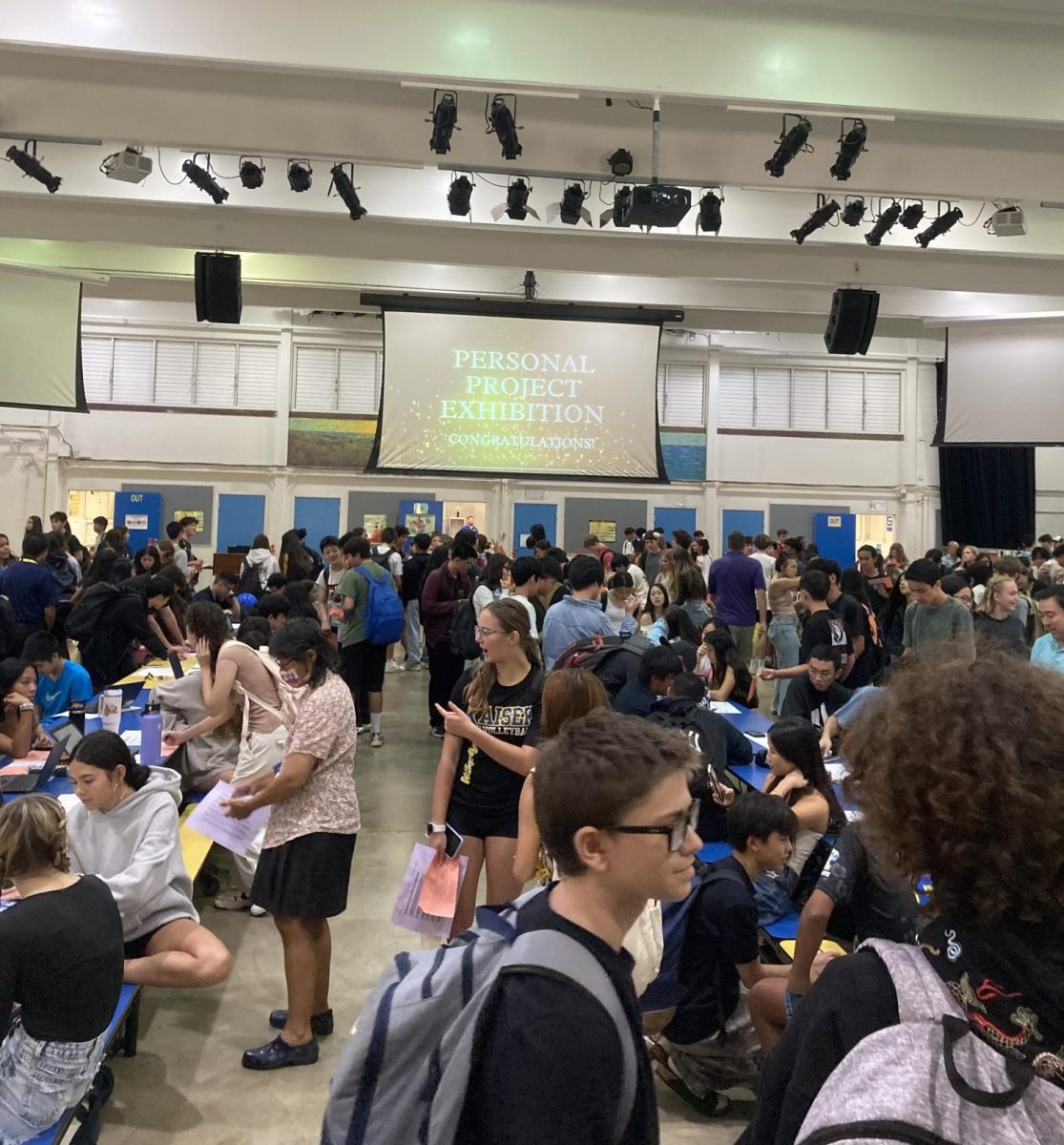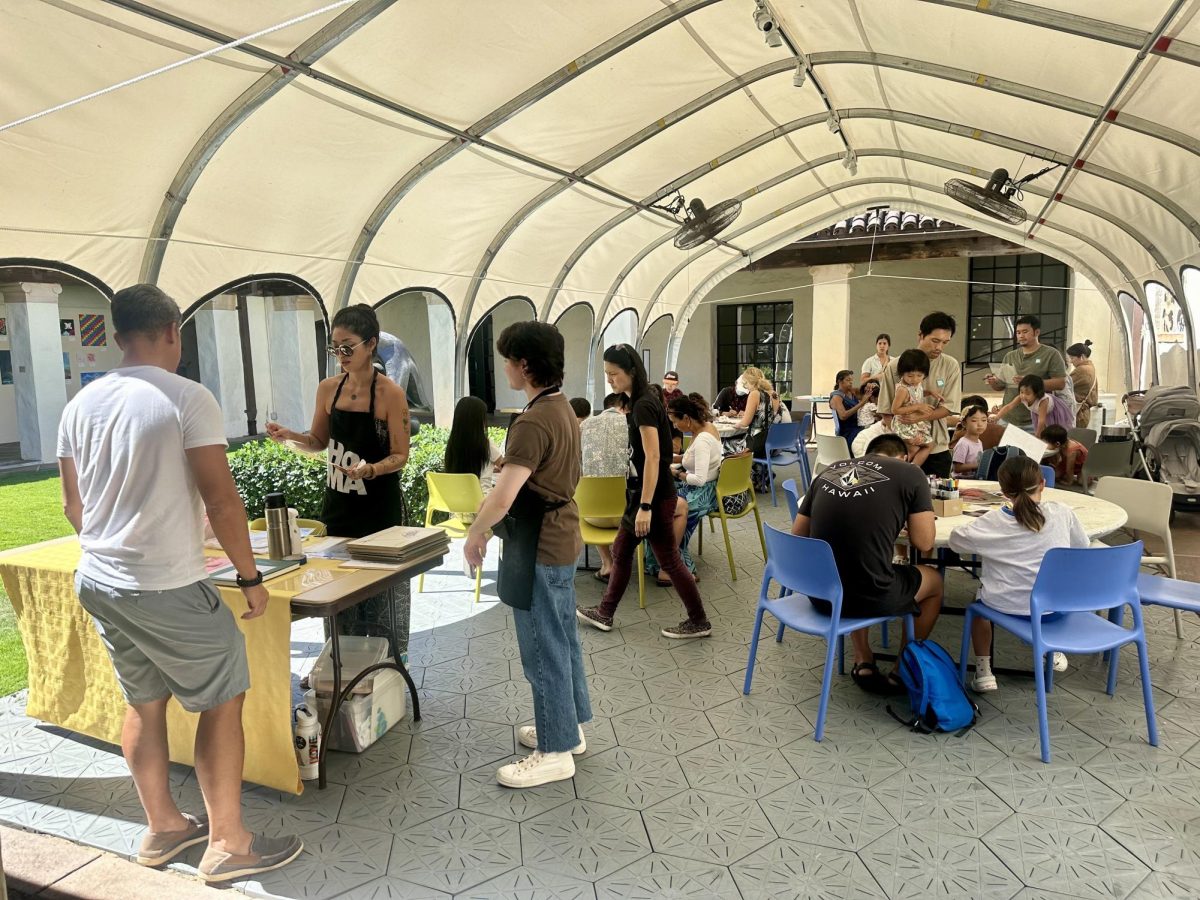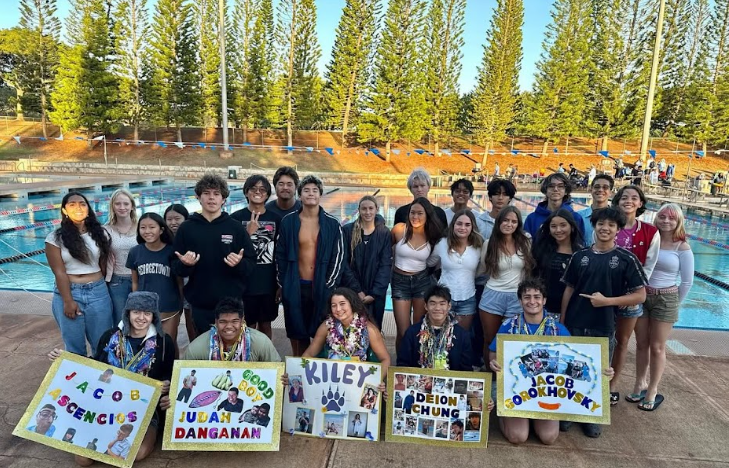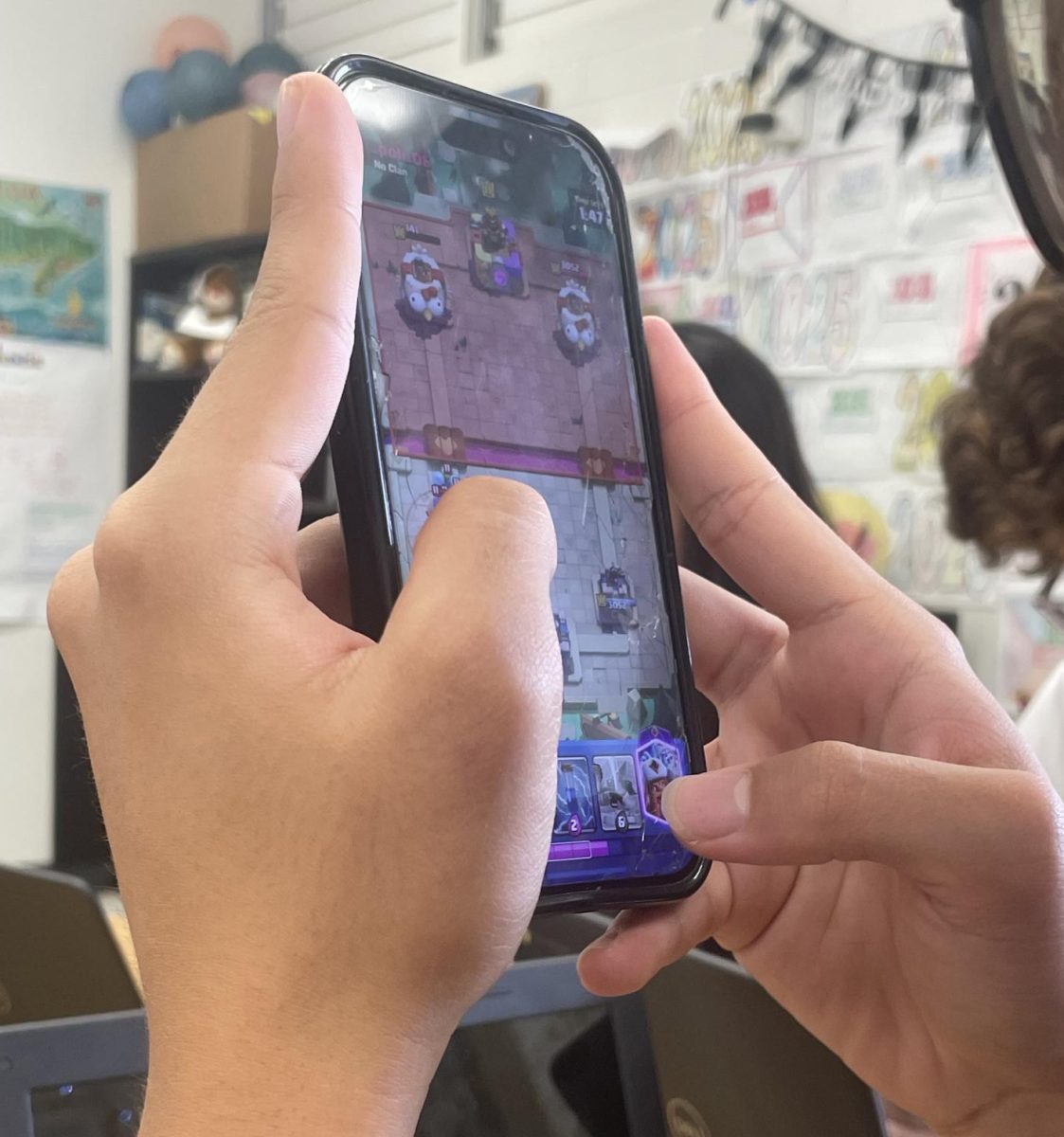Benefits of Home Lunch
February 21, 2023
Food is an essential tool for survival. It fuels our bodies and brain so we’re able to function throughout the day.
Students need a full meal in order to perform well in school. While the school does provide lunch, many students still choose to bring their own. There’s many reasons why students choose to bring their own rather than purchase from the school. For some with dietary restrictions and concerns, bringing their own lunch ensures that they are consuming food that meets those needs. For others, they may choose to bring their own for simplicity and convenience of avoiding the lunch line. And for some, it may be a way to gain independence and learn life-long skills.
A major concern for many within school lunch is nutrition. Athletes often need a certain requirement for food in order to perform at their best. Sometimes, it relates to nutrition, though it can also be needed to meet a higher calorie intake. Unfortunately, the standard school lunches cannot always provide that. On average, most school lunches contain junk food with minimal fruits or vegetables. They also are not free of common allergens, so students with food restrictions, to things such as gluten, peanuts, or dairy, benefit from taking their own food to keep them safe.
With this, high school is the last road to adulthood. After graduation, it’s off to college, where most people will be left on their own. Consistent take-out and eating out gets very expensive, especially for college students on a budget. The best course of action is to have some general knowledge on cooking food in order to be able to save a bit of money.
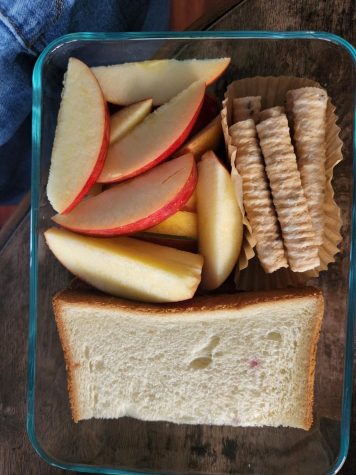
Learning to cook your own food also builds independence. The ability to provide for yourself goes more than work and income. It includes maintaining personal hygiene, which includes cooking and cleaning. Being able to cook for yourself builds discipline alongside independence, since you won’t have to rely on others to feed you.
In short, taking home lunch to school does more than provide nutrition for students. While a seemingly small task, it builds lifelong skills and creates the discipline to take care of yourself when the time comes. Even though learning can be difficult, the end product is incredibly beneficial.
If you’re interested in learning, some suggestions for starting out are talking with parents or using online resources like YouTube for easy and quick tutorials.

